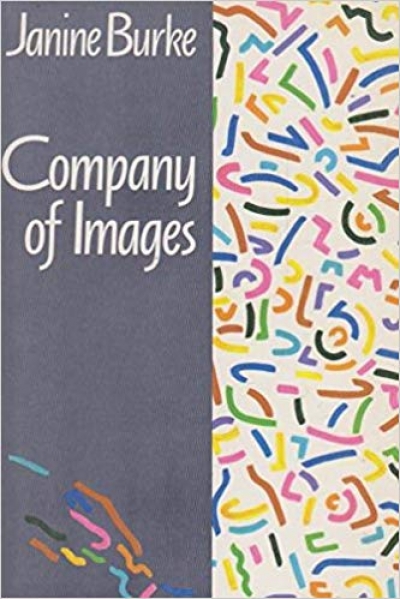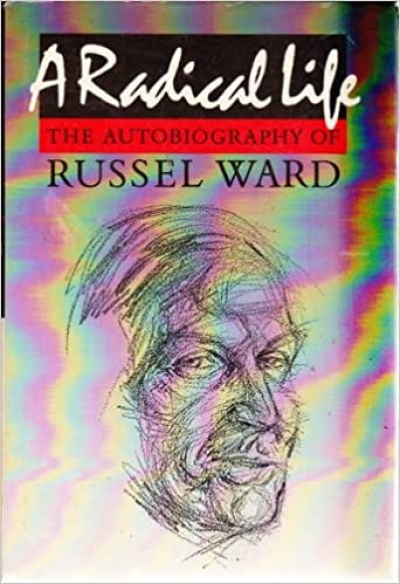Archive
Waiting for the Revolution: A history of Australian Nationalism' by Noel McLachlan
by Ken Inglis •
The presence of the Irish ambassador and the muscatel was accounted for by the first theme of the week, which was that of W.B. Yeats and his influence. It is not surprising that a great many Celtic accents could be heard off stage as well as on. Indeed, the previous night saw a private dinner held by the W.B. Yeats Society of W.A. (one of only four Yeats societies in the world) whose only club rule seemed to be that some of Yeats’s poems should be read and suitably appreciated.
... (read more)A Radical Life: The autobiography of Russel Ward by Russel Ward
by Humphrey McQueen •









